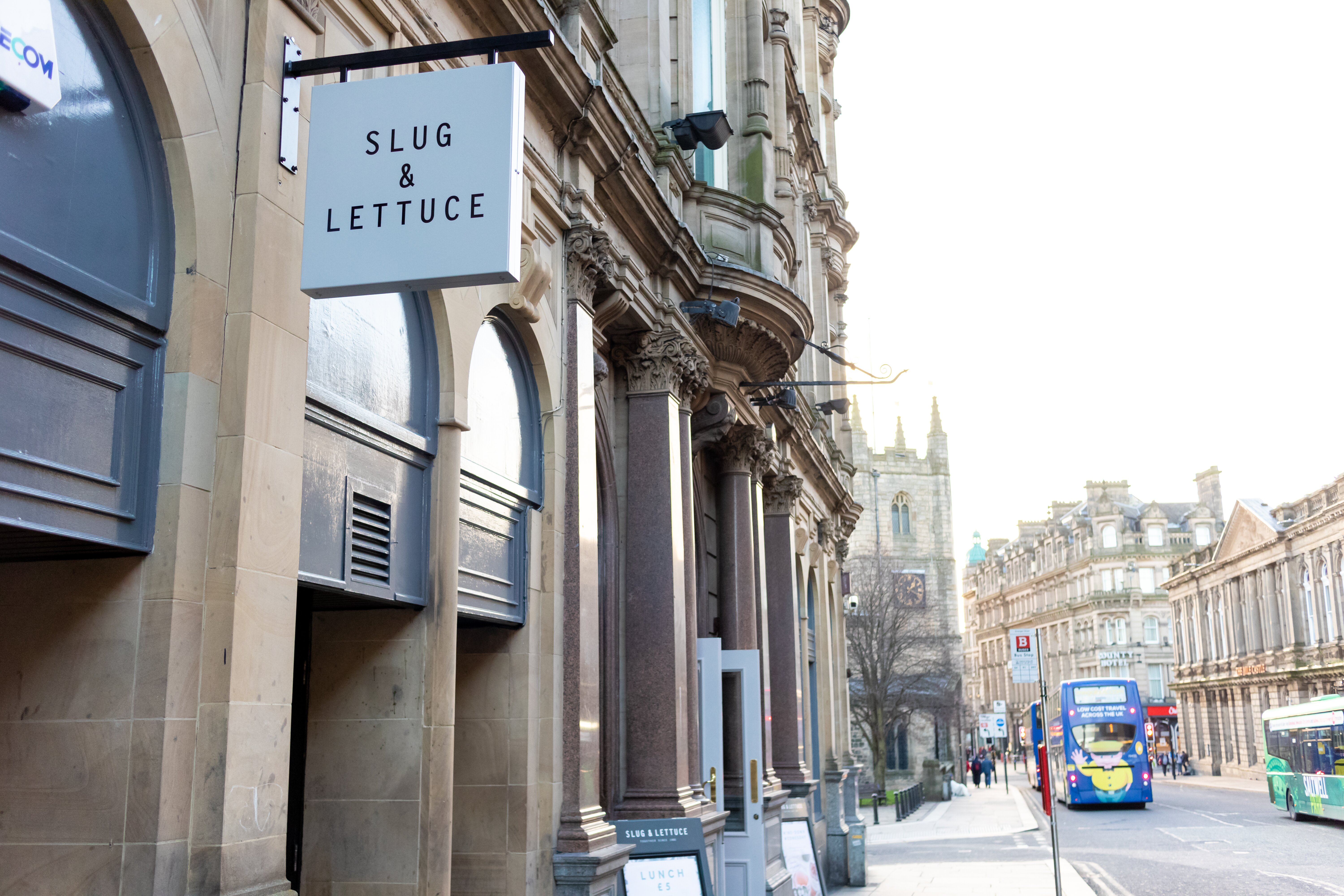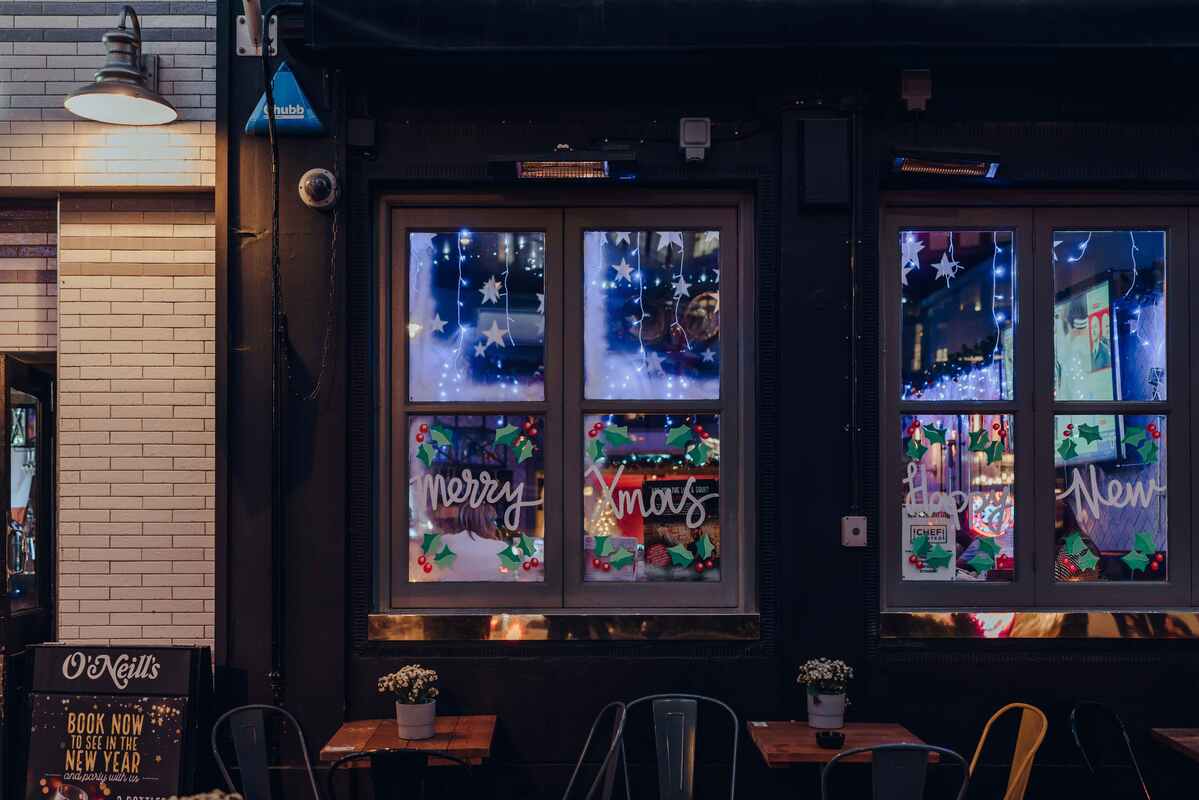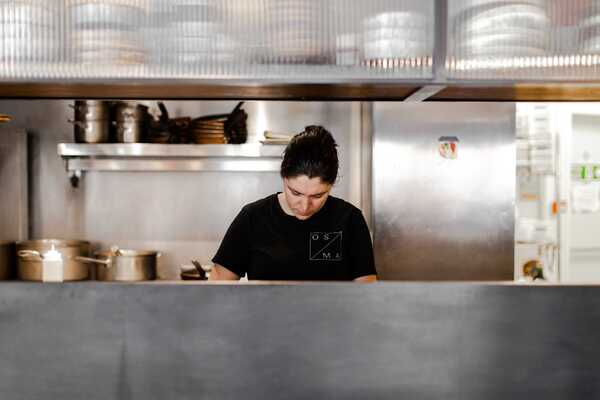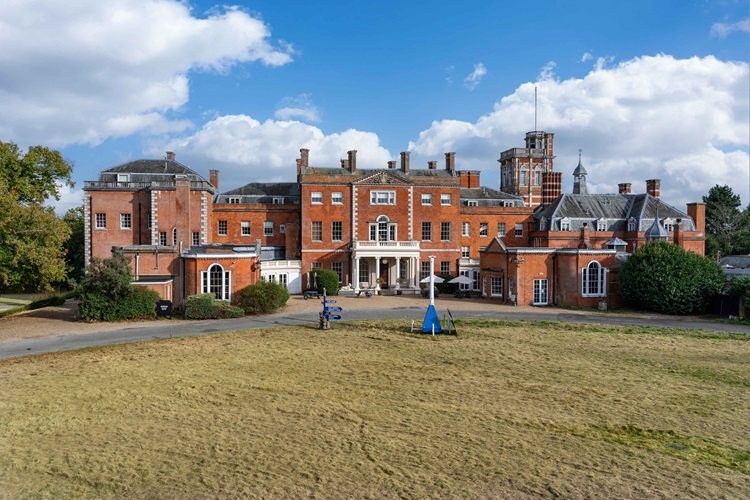One in six consumers notice operators' ‘surge pricing’
One in six consumers has noticed hospitality businesses raising prices during peak times, according to a new report from Barclays.
The practice of raising prices during peak times, known as ‘surge pricing or’ ‘dynamic pricing’, has been noted on over the past month in high street brands such as the Slug & Lettuce and Be at One.
The brands’ owner, Stonegate Pub Company, which is the UK's biggest pub chain comprising around 800 venues, has introduced dynamic pricing at around a fifth of its sites.
Similar to raising prices during periods of high demand on transport apps such as Uber, Stonegate said the strategy was used to cover extra costs such as bar staff or bouncers during busy times.
Speaking to The Caterer, Esme Harwood, director at Barclays, said while surge pricing is a well-established practice in areas such as the travel sector, “Brits are less happy about paying ‘surge prices’ for a pint, with only one in 12 willing to do so”.
Despite consumer unhappiness at surge pricing, Harwood noted a 6.1% increase in consumer spend in pubs and bars between August and September this year “was more likely thanks to the late summer sun and Rugby World Cup”. But, she added, surge pricing is “something that hospitality businesses will be weighing up as we approach the busy festive period”.
Alongside noting consumers’ awareness of ‘surge pricing’, the report also found the cost of living crisis continues to impact spending in restaurants which, unlike pubs and bars, saw a 10.8% drop in spending in September compared to a 5.8% drop in August.
Some 44% consumers surveyed said they plan to reduce discretionary spending over the next couple of months to save money for the festive period, with 60% set to cut back on eating out at restaurants.
The findings came from a consumer confidence survey of 2,000 respondents undertaken by market research and insight firm Opinium Research on behalf of Barclays.

















